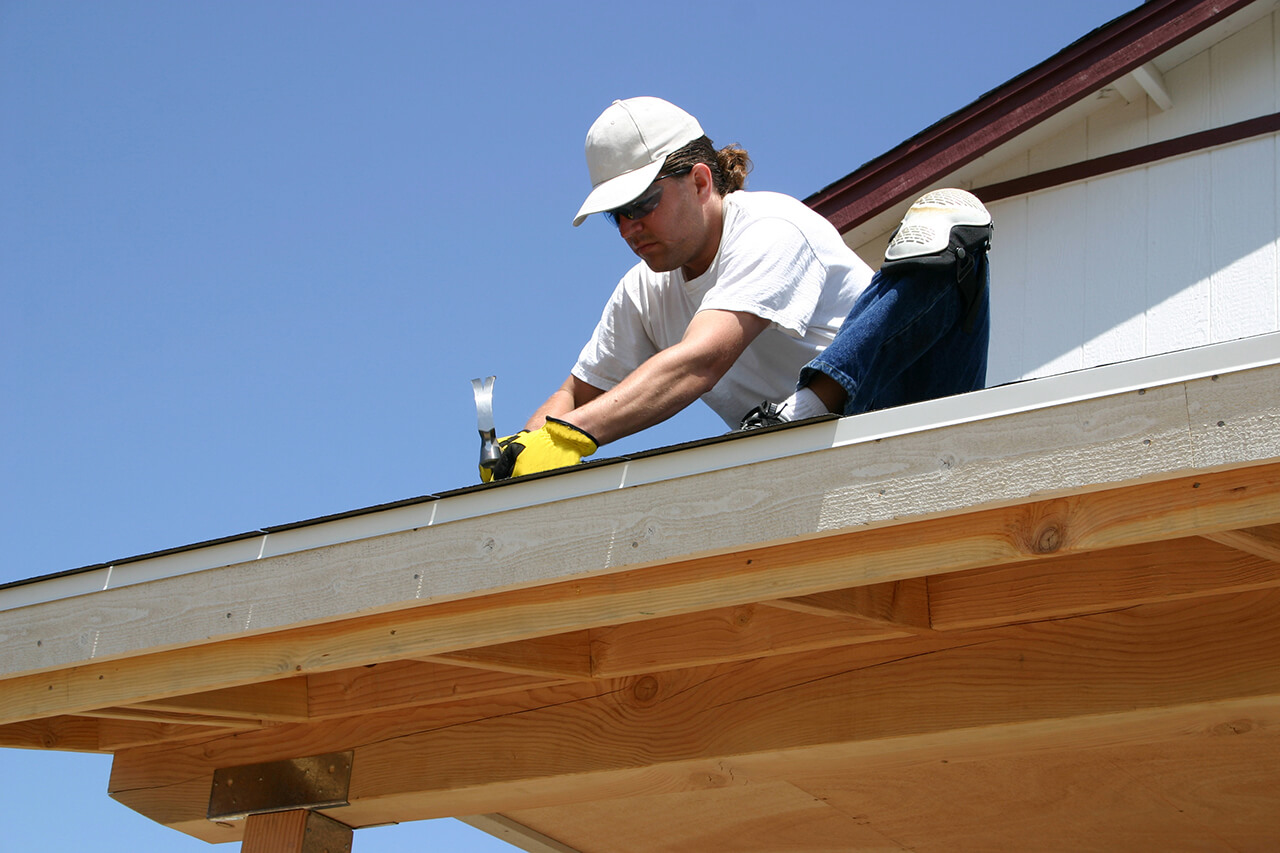
Use this guide to budget for roof repair costs based on factors such as roof condition, materials, size, repair type and severity, and more.



The rule of thumb is to add 10% for installations of under 1,000 square feet. If your installation is more than 1000 square feet, 7% is the appropriate adjustment. For diagonal installations or lower-grade hardwood products, 15% is the recommended adjustment.
Generally, you should leave a three quarter inch expansion space around the perimeter of your flooring. But this expansion should not affect your square footage measurements
It usually takes one to two days to complete vinyl sheet flooring installation. Your installation may require an extra day or two if you live in a humid climate.
From average costs to expert advice, get all the answers you need to get your job done.

Use this guide to budget for roof repair costs based on factors such as roof condition, materials, size, repair type and severity, and more.

Need fascia and soffit repairs? Hiring a pro ensures proper installation, protects against pests, and prevents structural damage. Learn about common warning signs, material options, and how fascia and soffits safeguard your home from moisture.

Learn how to budget for a new fence by exploring cost factors such as the fence size, height, posts, gates, style, and labor requirements.

Unsure who to hire to test for lead paint? Learn whether to call a lead testing specialist or contractor and what to expect.

Learn how to find and hire a handyman you can count on with this handy guide.

Learn how to find and hire painters, plus 10 questions you should always ask before choosing a pro.